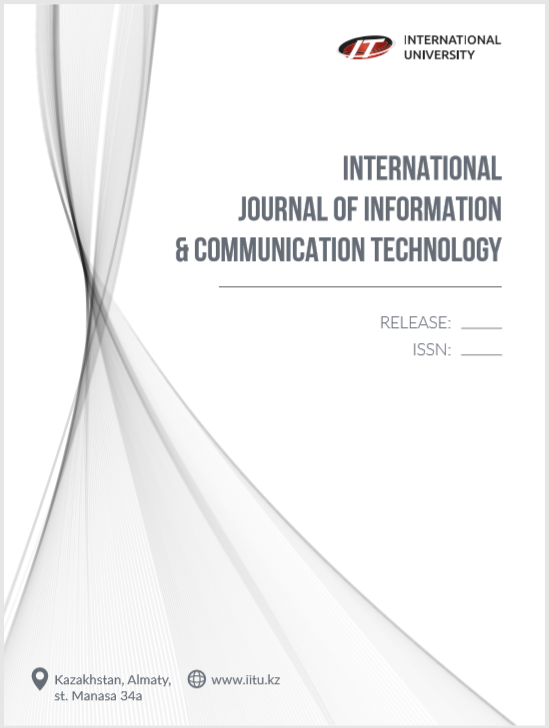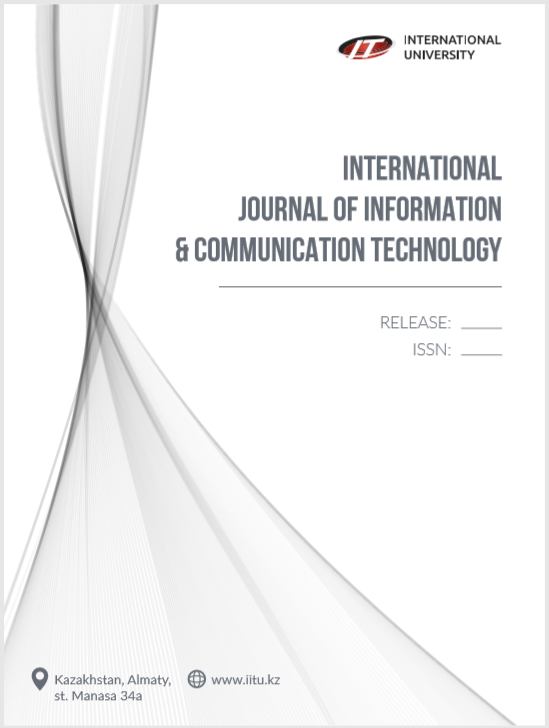TO THE ISSUE OF TEL AND EDUCATION QUALITY ASSURANCE IN KAZAKHSTANI HEI
DOI:
https://doi.org/10.54309/IJICT.2021.07.3.001Keywords:
fnbgfAbstract
The paper considers implementation of the technology enhanced learning to ensure education quality in tertiary institutions in Kazakhstan. Globalization processes, internationalization of higher education, modern tendencies and social demand require essential changes and amendments in education quality assurance, application of new technologies and engaging stakeholders to designing academic programs, discussion of learning outcomes and competences of future professionals being trained in particular university. All stakeholders, consumers of education services are involved nowadays to discussion, development and monitoring of quality assurance policy, academic programs, education process, program assessment and management. One of the most important goals of the Bologna reforms is to ensure the quality of education as the basis for the development of the higher education system. The idea of a university's fundamental responsibility for quality assurance presupposes its commitment to maintain the proper level of quality and its continuous improvement. The system of internal quality assurance (IQA) can be considered as a set of didactic, technological, technical, methodological and informational support aimed at maintaining the quality of higher education (as a result, as a process) at a level not lower than the established norms, requirements and standards.
Downloads
Downloads
Published
How to Cite
Issue
Section
License
Copyright (c) 2022 International Journal of Information and Communication Technologies

This work is licensed under a Creative Commons Attribution-NonCommercial-NoDerivatives 4.0 International License.
https://creativecommons.org/licenses/by-nc-nd/3.0/deed.en


